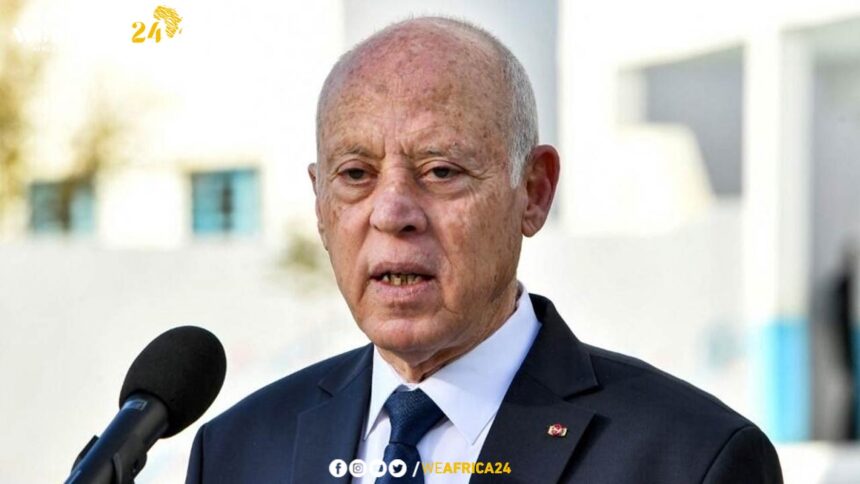The first round of voting is scheduled on October 6th, 2024, in Tunisia, where there are allegations of the current Head of State, Kaïs Saïed, drifting towards authoritarianism. Questions reigned on the participation of opposition parties as well as the criticism of wrongfully silencing the held voices until on July 4, 2024, the electoral body issued a statement stipulating the conditions of those intending to succeed.
It was Tuesday night when the President revealed the election date. The Independent High Authority for Elections (ISIE) on Thursday laid down the campaign schedule and more detailed criteria for would-be candidates. All this is being watched like a hawk by observers.
The President has been accused of authoritarian tendencies for years, with key opposition figures currently in jail.
The main variations lie in the added obligation on candidates to renounce dual nationality during the campaign, as opposed to the previous system in which they did so after eventual victory. Whereas amendments introduced an increase in the minimum age of the requirement from 35 upward to 40 years. Remaining in effect are the restrictions concerning the religious affiliation of candidates-indeed, only Muslims can present themselves.
While for the endorsement, a candidate has to secure 10 signatures from sitting members of parliament or 10 sitting members from the newly consituted Chamber or Region and Districts developed in 2022 or can secure endorsement from 40 local community leaders or 10000 citizens.
Contrary to opposition fears, there are no restrictive measures in candidacies against the incumbent President. Mahmoud el-Ouaer from the Electoral Body held that for politicians awaiting trial, it can be in order to run if permitted by law: “Specific cases must be filed in accordance with the law. Conditions cannot be established on the opposite side of them unjustly. If the law allows candidacy, there are protective measures in place against them.”
The registration for candidates ends on August 6th, while the campaign for the election will last from September 14 up to October 4th, 2021.
A constitutional law expert, he was democratically elected in October 2019 and further boosted his powers in July 2021 when he sacked the Prime Minister and froze Parliament after months of political deadlock. He then dissolved it and took care of a new Constitution, adopted by a summer 2022 referendum, which established a bi-cameral, limited-powers model of government: the Assembly of People’s Representatives (ARP) and a National Council of Regions and Districts. This constitutional revision shifted Tunisia from a parliamentary to an ultrapresidentialist system.







